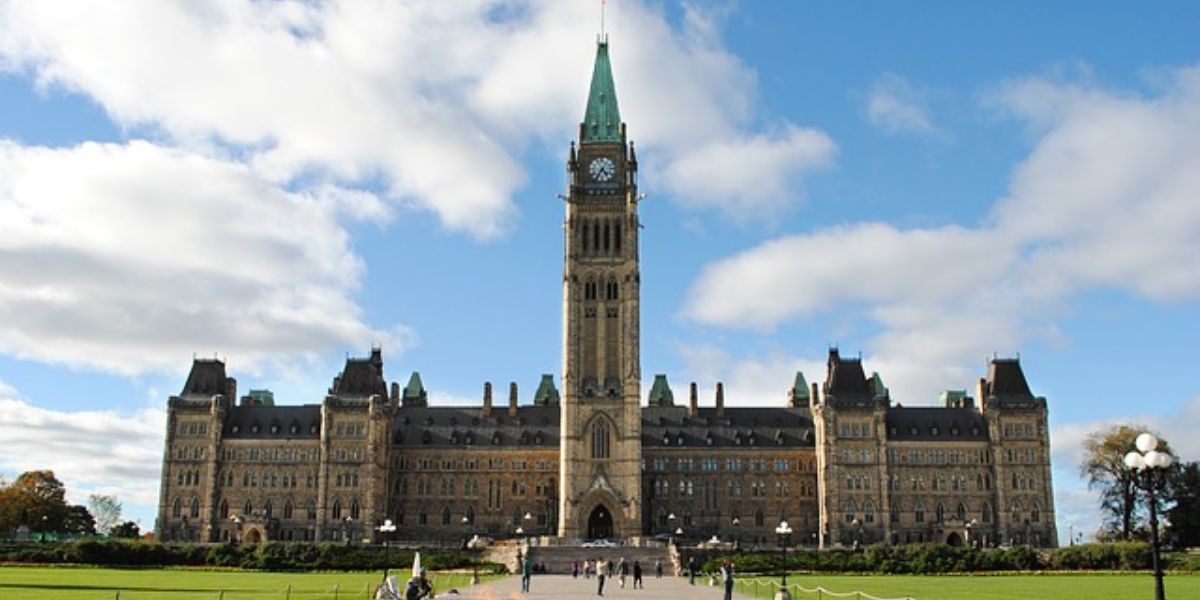The Canadian government presented the 2017 federal budget on 22nd March 2017 in Ottawa. The main highlighting points of this budget are given below:
- The budget dedicates $11.2 billion to cities and provinces for affordable housing over 10 years as part of the second wave of the government’s infrastructure program, $5 billion of which is to encourage housing providers to pool their resources with private partners to pay for new projects;
- The budget still doesn’t include any plans to balance the books;
- Statement on gender equality and a discussion of the ways in which the government has run its policies, and its spending commitments, through a gender-based analysis;
- Some budgets allocate for indigenous communities;
- Despite calls from the United States for Canada to increase its contributions to international military efforts, there is no increase in defense spending in the 2017 budget;
- Excise duty rate on cigarettes goes from $21.03 up to $21.56 per carton of smokes and the duty rate for alcohol goes up to 2%. Both will be adjusted every April 1 starting next year, based on the consumer price index;
- Canadian exploration expense in case of oil and gas wells
- Budget 2017 proposes that expenditures related to drilling or completing a discovery well generally be treated as a Canadian development expense (30% depreciation rate) instead of a Canadian exploration expense (eligible for a 100% deduction in the year incurred). This measure will generally be applicable to expenses incurred after 2018 and expenses incurred in 2019 that could have been considered to have been incurred in 2018 because of the “look-back” rule.
- Reclassification of expenses renounced to flow-through shares
- The Income Tax Act recognizes two forms of control of a corporation: de jure (legal) control and de facto (factual) control.
- Timing of recognition of gains and losses on derivatives
- Extending the base erosion rules to foreign branches of life insurers
- The public transit tax credit, which allows the cost of transit passes to be deducted, is being eliminated effective July 1.
- Employment insurance premiums are going up 5% to $1.68 per every $100 of insurable earnings, up from $1.63.

















